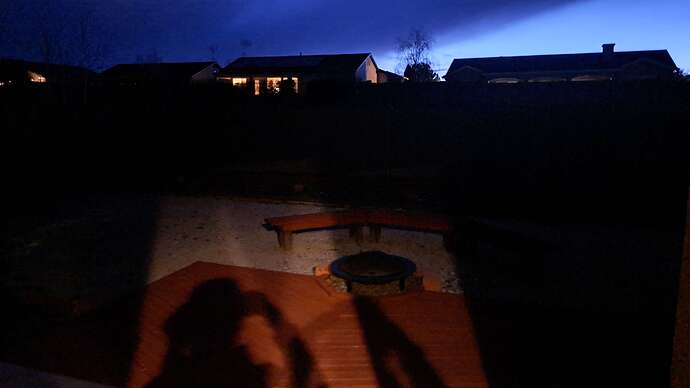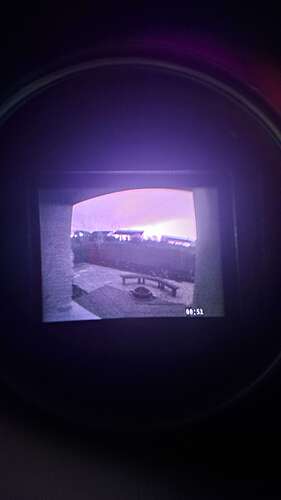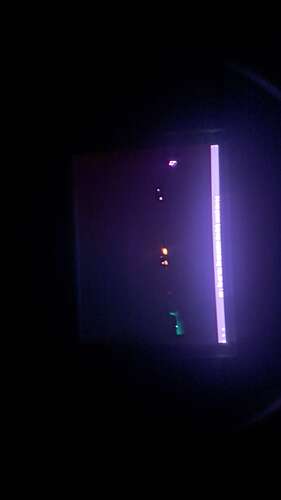-
Where did you get the camera module(s)? Utronics
-
Model number of the product(s)? Arducam B0333 IMX462
-
What hardware/platform were you working on? Raspberry Pi 4B with Bookworm
-
Instructions you have followed. (link/manual/etc.) Quick Start - Arducam Wiki
I am using dtoverlay=arducam-pivariety on my config file, I’ve read online that others have used imx290 drivers but the camera doesn’t work for me with that. -
Problems you were having? I am running the IMX462 camera through a python script using Picamera2, regardless of the settings I change, I’m not able to get any sort of picture in even slightly dark environments. I’ve cranked up exposure times, analogue gain, other relevant settings, etc. but while it turns the whole picture in a lighted room into a washed out mess it still goes completely black if the room is dimmed or the sun starts to set.
-
The dmesg log from your hardware?
too long to include, I can try to upload in chunks if someone needs -
Troubleshooting attempts you’ve made?
I got the list of camera settings using
from picamera2 import Picamera2
picam2 = Picamera2()
picam2.camera_controls
which output these settings:
{‘Sharpness’: (0.0, 16.0, 1.0), ‘AwbEnable’: (False, True, None), ‘Contrast’: (0.0, 32.0, 1.0), ‘Saturation’: (0.0, 32.0, 1.0), ‘Brightness’: (-1.0, 1.0, 0.0), ‘AeFlickerPeriod’: (100, 1000000, None), ‘HdrMode’: (0, 4, 0), ‘ExposureValue’: (-8.0, 8.0, 0.0), ‘ColourGains’: (0.0, 32.0, None), ‘StatsOutputEnable’: (False, True, None), ‘ScalerCrop’: ((0, 0, 0, 0), (65535, 65535, 65535, 65535), (0, 0, 0, 0)), ‘ExposureTime’: (0, 66666, None), ‘AeEnable’: (False, True, None), ‘NoiseReductionMode’: (0, 4, 0), ‘AeConstraintMode’: (0, 3, 0), ‘FrameDurationLimits’: (33333, 120000, None), ‘AnalogueGain’: (1.0, 16.0, None), ‘AeFlickerMode’: (0, 1, 0), ‘AwbMode’: (0, 7, 0), ‘AeMeteringMode’: (0, 3, 0), ‘AeExposureMode’: (0, 3, 0)}
I’ve been able to modify the settings that seemed relevant in my script, and while some are noticable like analogue gain. exposure time, and exposure value, some don’t seem to have a noticeable effect enabled or disabled like AeEnable, which I would assume overrides my exposure settings if it’s true but doesn’t do anything on or off. I’ve messed around with most of them, but nothing seems to change the terrible low light performance, which is in direct contrast to what people online have praised about this camera.
- What help do you need?
I’d like to know what I can do to allow the camera to unlock its advertised potential, it could be that the pivariety driver doesn’t have all the needed settings to enable noIR cameras, but if so how do I get drivers more specific to the IMX462. Or if there is a setting that I haven’t tried yet that maybe appears in the list that would allow it to see in lower light settings.


